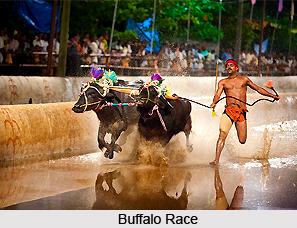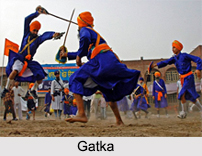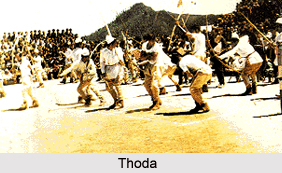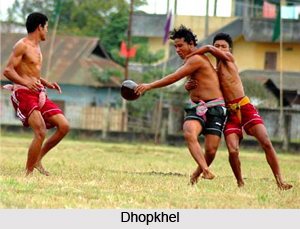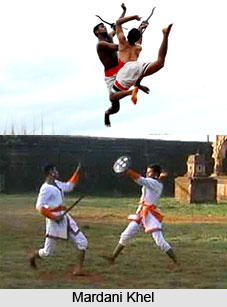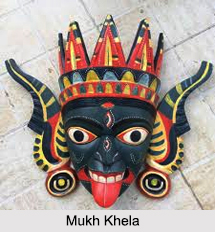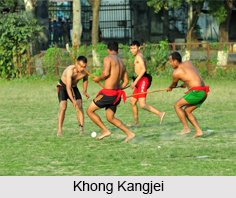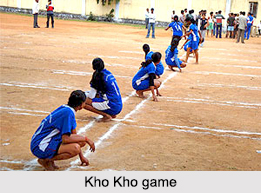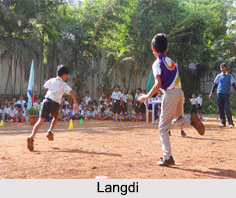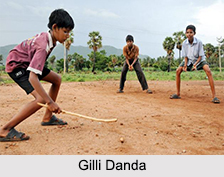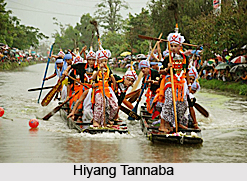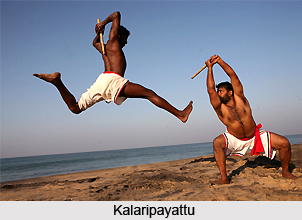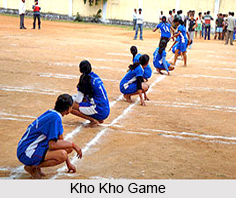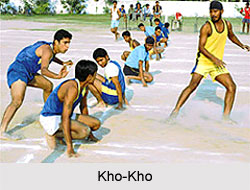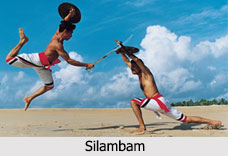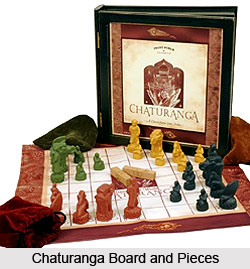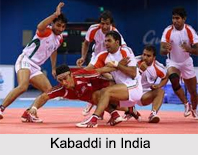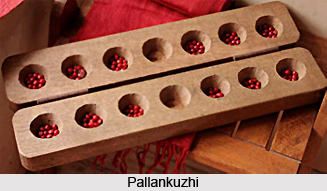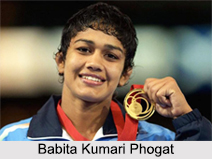 Babita Kumari Phogat is an Indian freestyle wrestler. She came in the limelight of Indian wrestling hemisphere after wining silver medal in the 2010 Commonwealth Games. She also won the gold medal in 2014 Commonwealth Games along with silver medals at the 2010 Commonwealth Games and 2018 Commonwealth Games, a bronze medal at the 2012 World Wrestling Championships.
Babita Kumari Phogat is an Indian freestyle wrestler. She came in the limelight of Indian wrestling hemisphere after wining silver medal in the 2010 Commonwealth Games. She also won the gold medal in 2014 Commonwealth Games along with silver medals at the 2010 Commonwealth Games and 2018 Commonwealth Games, a bronze medal at the 2012 World Wrestling Championships.
Early Life of Babita Kumari Phogat
Babita Kumari Phogat was born on 20th November in the year 1989. She belongs from a small rural community in Haryana.
 Career of Babita Kumari Phogat
Career of Babita Kumari Phogat
Babita Kumari Phogat started her wrestling journey with a stunning performance at the 2009 Commonwealth Wrestling Championship. She won a Gold medal in 51 kg freestyle wrestling event in the tournament held in Punjab. She then won Silver medal at the 2010 Commonwealth Games defeated by Nigerian wrestler Ifeoma Christi Nwoye in the finals and also won a Bronze medal at the 2012 World Wrestling Championships by beating Russian Zamira Rakhmanova. She also won the Gold medal in 2014 Commonwealth Games. In 2012 World Wrestling Championships, Babita won the bronze in women`s freestyle 51 kilograms category. Again in 2013 Asian Wrestling Championship, New Delhi, she won the bronze medal in the women`s freestyle 55 kilograms category along with Han Kum-ok of North Korea. In the final phase of 2014 Commonwealth Games, in the women`s freestyle 55 kilograms category she won the gold medal. She instantly became a national sensation after this feat. Babita had defeated Abdy Kadyrova Elsa of Kyrgyzstan in the quarterfinal in 2015 Asian Wrestling Championships. However, she failed to enter the final as she lost her semi final bout to Pak Yong-Mi of North Korea. With a chance for a podium finish, Babita Kumari Phogat lost to Zhuldyz Eshimova-Turtbayeva of Kazakhstan 3-6 in the bronze medal play-off in a well-fought battle. Babita became the third and final entry from India in the women`s wrestling for the 2016 Summer Olympics in Rio de Janeiro. She qualified for the Rio Games after her opponent failed a doping test in the qualifying tournament and the quota was given to India. Babita Kumari Phogat won the silver medal in women"s 53kg freestyle wrestling at 2018 Commonwealth Games in Gold Coast, Australia. In the Pro Wrestling League, Babita Kumari Phogat plays for the team "UP Dangal".
Achievements of Babita Kumari Phogat
Babita Kumari Phogat has won several medals. Some of them are as follows:
Won Gold at the 2009 Commonwealth Wrestling Championships in 51 kg category.
Won Silver at the 2010 Commonwealth Games in women`s freestyle wrestling in 51 kg category.
Won Gold at the 2011 Commonwealth Wrestling Championships in 48 kg category.
Won Bronze at the 2012 World Wrestling Championships in 51 kg category.
Won a Bronze at the 2013 Asian Wrestling Championship in 55 kg category.
Won Gold at the 2014 Commonwealth Games in 55 kg category.
Won Gold at 2018 Commonwealth Games in 53kg category.
Personal Life of Babita Kumari Phogat
Babita Kumari Phogat is the sister of India"s first gold medallist in wrestling at the Commonwealth Games, Geeta Phogat and the daughter of wrestler and Dronacharya Award recipient Mahavir Singh Phogat. Her mother Shobha Kaur is a housewife. Her cousin Vinesh Phogat also won gold, in the 48 kilograms category at the 2018 Commonwealth Games in Glasgow. Her youngest sister Ritu Phogat is also an international level wrestler and has won a gold medal at the 2016 Commonwealth Wrestling Championship. Her younger sister, Sangita Phogat is also a wrestler by professional.
